How to Fix Windows Movie Maker Error 0x80004003 and 0x87160139
Windows Movie Maker sure is a great tool for creation and editing of media files. But sometimes you might face the error like 0x80004003 or 0x87160139 with yellow error/warning signs on your pictures or media files in the project. The errors can occur anytime even if your project was working fine the last time you checked.
Causes of these errors
There are multiple reasons that causes errors like these.
- You might not have the latest version of Windows Movie Maker or your video card drivers
- Your media file might not be supported by the Windows Movie Maker
- Your files or pictures might be removed or relocated from the place they were originally present
- Your project files might be used by some other program
- You might not have the codecs for the file that you want to work on in Windows Movie Maker
As you can see, there can be multiple reasons so it’s better to first go through the troubleshooting and then follow the Method 1. If that doesn’t solve the problem then keep moving to the next method.
Troubleshooting
Get the latest version
The first thing that you should do is make sure you have the latest version of Windows Movie Maker. Go here and download the Windows Movie Maker for your Windows Version.
Checking the supported files
Some media files are not supported by Windows Movie Maker which might be causing this problem. So go here and check if the file you are using is in the list of supported files.
Method 1: Check if your files are in the same place
The issue can also be caused by the file missing from the location.
- Hold Windows key and press R (release the Windows Key). For Windows 7, click Start > click All Programs > click Accessories > select Run.
- Type moviemaker and press Enter
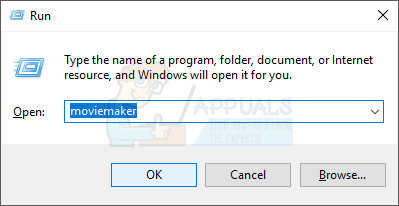
- Click File then select Open Project

- Locate your media file, click on it and select Open
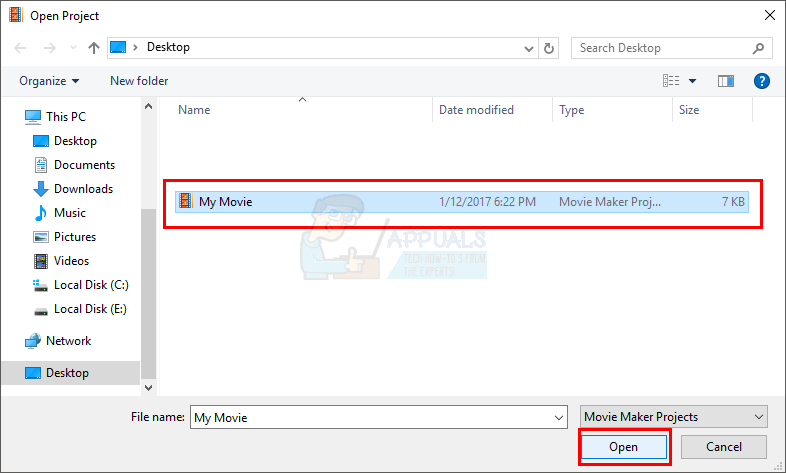
- Double-click the image that is showing the yellow error icon

- Select Find

- Locate the file in your computer, click on it and select Open
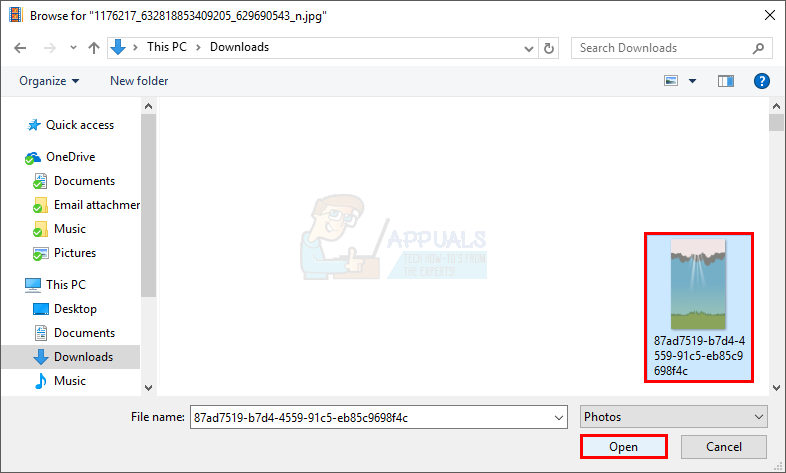
Method 2: Checking Codecs
Sometimes the issue might be because of the missing or wrong codecs. Audio and Video files require proper codecs for them to work properly.
Go here and download MediaInfo. Once the download is finished, double click the file and follow the instruction on the screen.
Once it is installed, follow the following steps
- Hold Windows key and press R (release the Windows Key). For Windows 7, click Start > click All Programs > click Accessories > select Run.
- Type mediainfo and press Enter
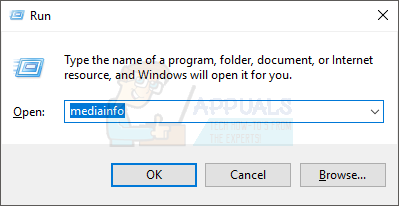
- Once the MediaInfo opens. Go to File > Open > File and select the video file that you want to check. Once selected, click Open
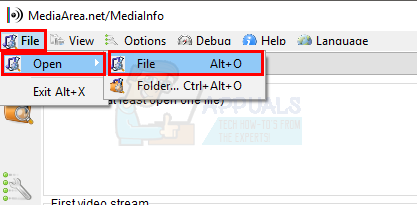
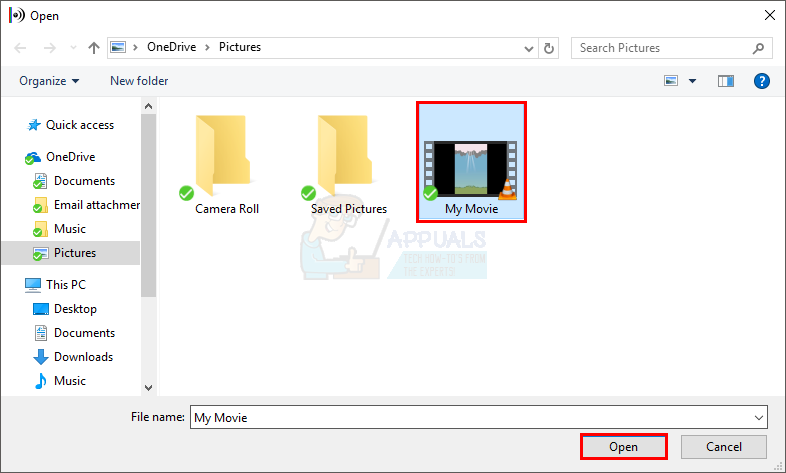
- Now you will be able to see the information about the codecs. If you want a detailed or any other view, click View then select Sheet (or any other format you want)
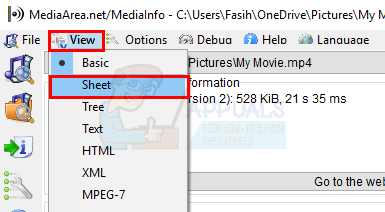
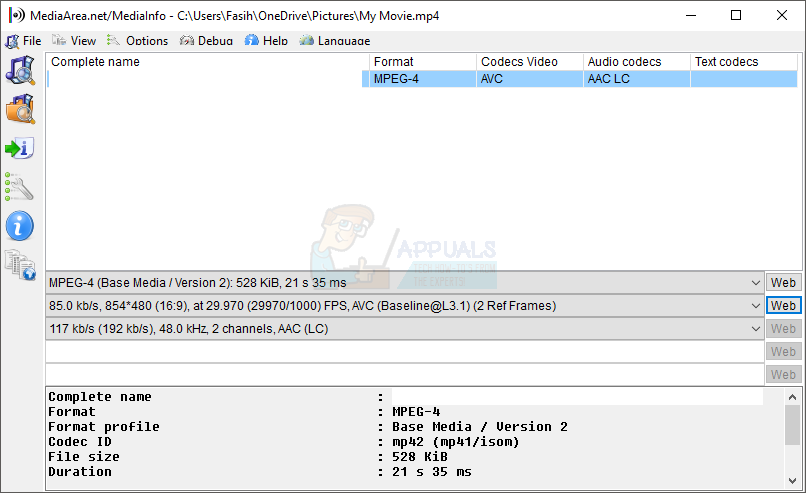
Method 3: Check and update the video card drivers
To make sure you have the latest video card drivers:
- Hold Windows key and press R (release the Windows Key). For Windows 7, click Start > click All Programs > click Accessories > select Run.
- Type dxdiag and press Enter

- Click yes if it asks for checking your drivers
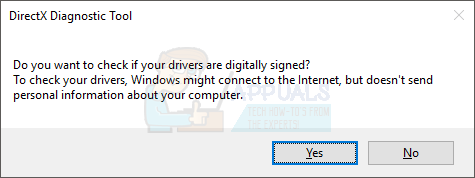
- Click Display tab

Check if your drivers are up to date and there are no problems detected. To make sure you have the latest drivers, go to your video card manufacturer’s website and check the latest version of your video card driver.
Method 4: closing other opened files
This issue can also be caused if your files are being used by another program or opened somewhere else. Close every other program that is running and close the Window Movie Maker as well.
Run the Window Movie Maker again and check for errors.
Method 5: Lowering the Video quality
Lowering the video quality from High-definition (1080p) to high definition (720p) might solve the problem as well. If you have selected High-definition (1080p) as your output quality then try lowering it.